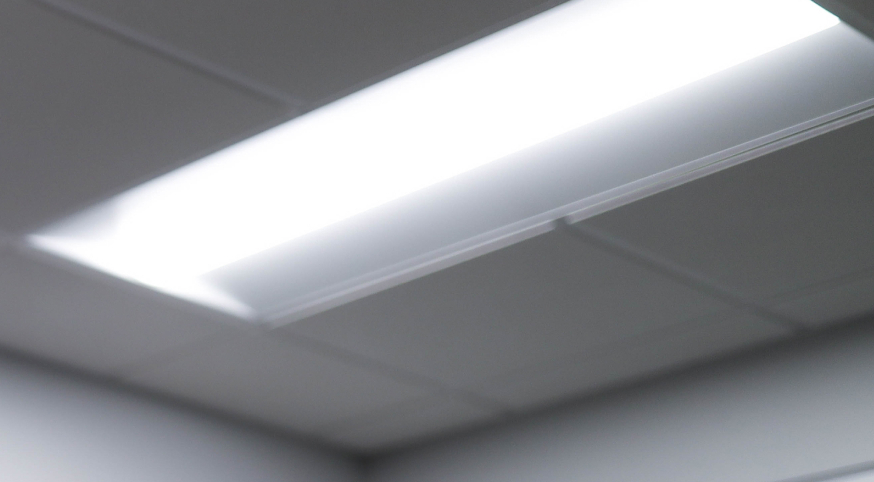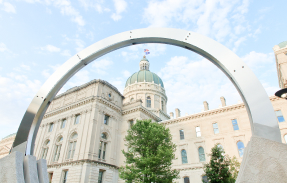After a car accident, medical bills can add up quickly and make an already stressful situation even harder to handle. Before you get a settlement, it’s normal to worry about how those bills will get paid and who is actually responsible for covering them.
The answer depends on the details of your crash, your own insurance, and the insurance carried by others involved. Understanding how payment works lets you make the right choices and helps avoid unexpected debt down the road.
Generally, The At-Fault Party Pays The Bills
The person who caused the car accident is usually the one who is expected to pay for your medical bills, but this doesn’t always happen right away. Often, you or your health insurance will end up paying these bills first, while everyone waits for the legal case or claim to get sorted out. If the other driver is clearly at fault, there are two main ways the bills end up covered.
Your Case Will Get
The Attention It Deserves

Insurance Claim
Most injured drivers start with an insurance claim against the at-fault driver’s policy. After a car crash in Indianapolis or elsewhere throughout Indiana, you’ll file a claim and their insurance company will review the facts, medical records, and costs related to your care.
While these claims take some time to settle, once the claim is finished, the insurance provider usually writes a check to cover the medical expenses. Until then, you may have to keep up with hospital payments or send bills to your own health or car insurance, who then often seek repayment after the claim gets resolved.
Personal Injury Lawsuit
Sometimes, an insurance claim is unsuccessful, either because the insurance company is being difficult or the coverage isn’t high enough to cover your losses. If this happens, you can file a personal injury lawsuit to make the other driver or their insurance pay what you’re truly owed for doctors’ appointments, ER bills, medications, and future treatment.
You can also seek non-economic damages like pain and suffering and emotional distress if you file a lawsuit. Dealing with your case in court generally takes longer, but it’s sometimes the only way to force proper payment and prevent unfair out-of-pocket expenses for accident victims.


What Happens When You’re Found Partially At Fault For The Accident?
In Indiana, determining who pays for medical bills and how much also depends on comparative negligence – whether you share some of the responsibility for the accident or not. If you’re partially liable – 50% or less – any settlement or verdict you win will be reduced by your percentage of fault.
For example, if your damages total $10,000 and you’re found 30% at fault, you’d only recover $7,000. If you’re found to be more than 50% at fault, you can’t recover compensation from any other party involved in the accident.
- (a) In an action based on fault that is brought against:
- (1) one (1) defendant; or
- (2) two (2) or more defendants who may be treated as a single party; the claimant is barred from recovery if the claimant’s contributory fault is greater than the fault of all persons whose fault proximately contributed to the claimant’s damages.
This means you’ll have to pay the medical bills yourself either out of pocket or through your own health insurance policy. If you have any questions about liability and how to get the compensation you’re entitled to, contact Vaughan & Vaughan today to schedule a free consultation.





